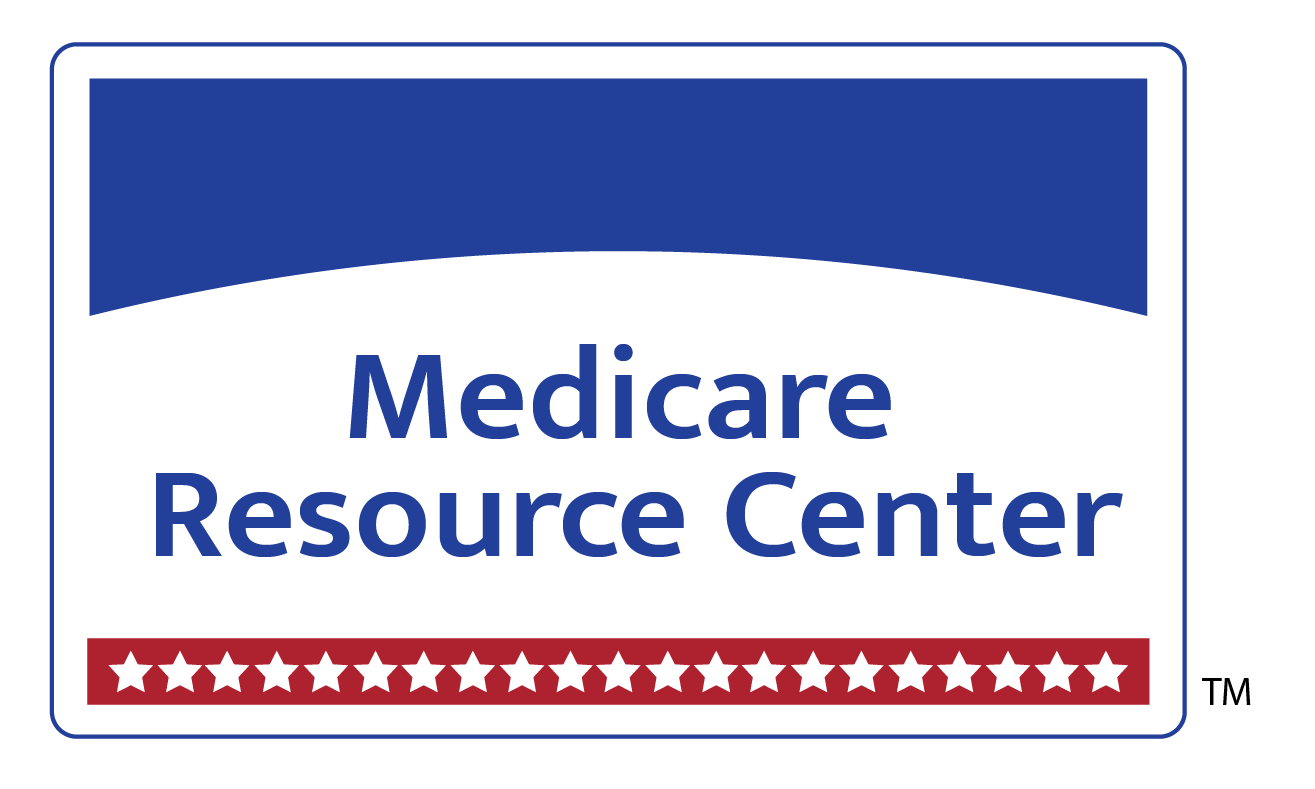New Medicare Changes in 2026: Prior Approval Required for These 17 Services
- Seth Clayton
- Aug 27, 2025
- 2 min read
Updated: Nov 4, 2025

Beginning January 1, 2026, certain medical procedures under Traditional Medicare will require prior authorization in six U.S. states. This means your healthcare provider must obtain approval from Medicare before performing specific services—otherwise, coverage may be denied.
This update also affects individuals with Medigap plans such as Plan G or Plan N, if they're using Traditional Medicare coverage.
The change is part of a pilot initiative called WISeR (Wasteful and Inappropriate Services Reduction), which is designed to curb medical overuse and detect potential fraud.
📍 Which States Will See These Medicare Changes in 2026?
Residents in the following six states will be included in the initial rollout:
Arizona
New Jersey
Ohio
Oklahoma
Texas
Washington
📝 Which Medical Services Are Affected?
A total of 17 types of procedures will now need prior approval. These services are often flagged for being overused or not always medically necessary. Here's what’s on the list:
Electrical Nerve Stimulators (NCD 160.7)
Sacral Nerve Stimulation for Urinary Incontinence (NCD 230.18)
Phrenic Nerve Stimulator (NCD 160.19)
Deep Brain Stimulation for Essential Tremor and Parkinson’s Disease (NCD 160.24)
Vagus Nerve Stimulation (NCD 160.18)
Induced Lesions of Nerve Tracts (NCD 160.1)
Hypoglossal Nerve Stimulation for Obstructive Sleep Apnea (LCDs L38307, L38312, L38385)
Epidural Steroid Injections for Pain Management (excluding facet-joint injections) (LCDs L39015, L39242, L36920)
Percutaneous Vertebral Augmentation (PVA) for Vertebral Compression Fracture (VCF) (LCDs L34106, L38201, L35130)
Cervical Fusion (LCDs L39741, L39762, L39793)
Arthroscopic Lavage and Arthroscopic Debridement for the Osteoarthritic Knee (NCD 150.9)
Incontinence Control Devices (NCD 230.10)
Diagnosis and Treatment of Impotence (NCD 230.4)
Percutaneous Image-Guided Lumbar Decompression for Spinal Stenosis (NCD 150.13)
Skin and Tissue Substitutes (general category)
Application of Bioengineered Skin Substitutes to Lower Extremity Chronic Non-Healing Wounds (LCD L35041)
Wound Application of Cellular and/or Tissue-Based Products (CTPs), Lower Extremities (LCD L36690)
For these treatments, physicians will be required to submit documentation before the service is performed. If approval isn’t granted, coverage could be denied—leaving patients to pay out of pocket. Here is the official Federal Registry document.
💡 Why Is This Happening?
The main goals of this policy include:
Preventing unnecessary or high-risk procedures
Lowering healthcare costs by avoiding waste
Combatting Medicare fraud
Using advanced tools, like AI, to streamline request reviews (with final decisions still made by human reviewers)
⚠️ What It Could Mean for You
Doctors might need extra time to get necessary approvals
Some treatments could be delayed due to administrative steps
Patients may face more paperwork and longer wait times
The WISeR program is scheduled to run through 2031. If proven effective, it may be expanded to more states or additional services.
✅ Key Takeaways: Pros & Cons
Benefits:
Helps eliminate fraudulent or unnecessary care
Encourages more appropriate and cost-effective treatment
May improve patient safety by requiring thorough review
Drawbacks:
Potential for delays in receiving needed treatments
More administrative work for healthcare providers
Could cause frustration for both patients and doctors
If you live in one of the six pilot states, now is a good time to talk with your healthcare provider about how this change might impact your future care. Planning ahead can help you avoid surprises once these new requirements go into effect.
